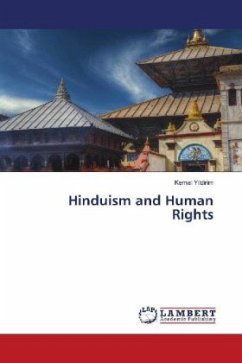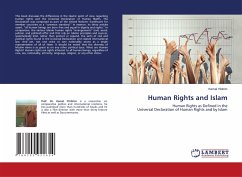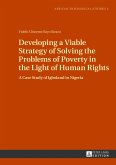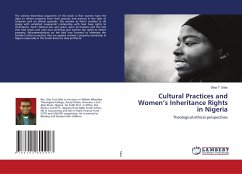In India, the Human Rights notions of freedom of thought, conscience, and religion are integrated in the Indian Constitution, but interpreted from within an Indian framework of reference that has close links to pre-modern and modern forms of Hinduism. The doctrine of Human Rights cannot automatically count on meeting with approval from the part of the world's religions. Human Right as a word is not framed by ancient Indians, but the content of current Human Rights was included in the ancient education pattern in Gurukul and Ashramas. Ancient India recognized the supreme value of moral education in human life. Whereas, Western Human Rights are primarily about rights, not about duties. In the case of most religions, the reverse is true. Hinduism too, starts from duties, not from rights.
Bitte wählen Sie Ihr Anliegen aus.
Rechnungen
Retourenschein anfordern
Bestellstatus
Storno








